US charges China’s Hytera with conspiring to steal technology
The Chinese telecommunications company allegedly recruited Motorola’s employees to steal its trade secrets
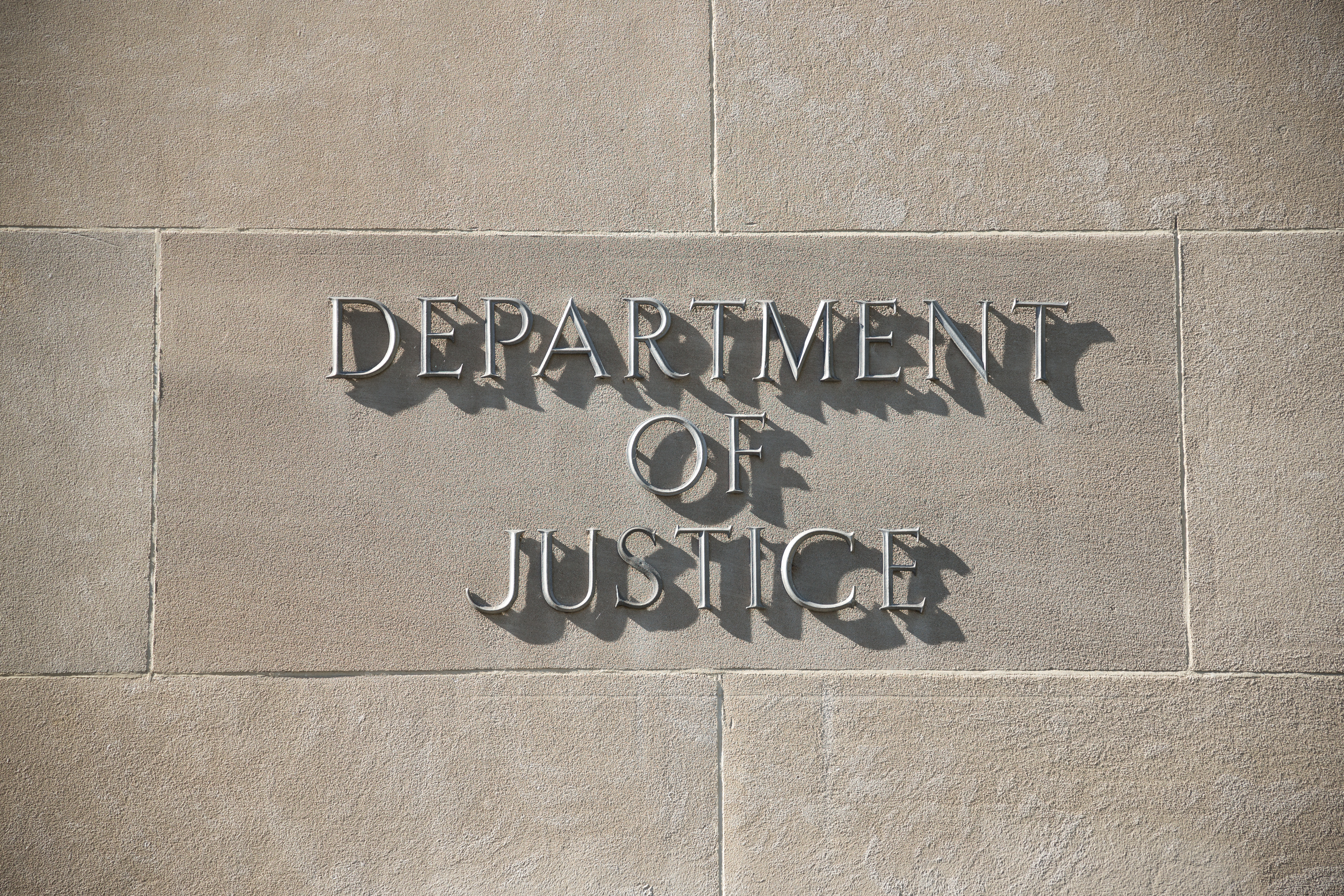

The US Justice Department (DoJ) has brought criminal charges against the Chinese telecommunications company Hytera for conspiring to commit theft of trade secrets belonging to Motorola.
The partially redacted indictment, unsealed yesterday in the Northern District of Illinois, alleges that Hytera conspired with former Motorola employees in Malaysia to steal digital mobile radio (DMR) technology developed by the US company.
The charges allege that Hytera recruited and hired Motorola employees and directed them to take proprietary and trade secret information about the radios, known as walkie-talkies, from Motorola without authorisation. The charges add that some of the employees allegedly accessed trade secret information from Motorola’s internal database and sent multiple emails describing their intentions to use the technology at Hytera.
The indictment states the events took place between 2007 and 2020, where Hytera and the recruited employees used Motorola’s proprietary and trade secret information to accelerate the development of Hytera’s DMR products, trained the company’s employees, and marketed and sold its products throughout the world. It also said that Hytera paid the recruited employees higher salaries and benefits than what they received at Motorola.
“Hytera is disappointed to read the charges in the indictment, and respectfully disagrees with the allegations,” a spokesperson from the company told IT Pro. “The indictment purports to describe activities by former Motorola employees that occurred in Malaysia more than a decade ago. Hytera looks forward to pleading not-guilty and telling its side of the story in court.”
The 21-count indictment was partially unsealed yesterday in the US District Court in Chicago by court order. Hytera and others, whose details are redacted, are also charged with individual counts of possession or attempted possession of stolen trade secrets.
If convicted, Hytera faces a potential criminal fine of three times the value of the stolen trade secret to the company, including expenses for research, design, and other costs it avoided.
Get the ITPro daily newsletter
Sign up today and you will receive a free copy of our Future Focus 2025 report - the leading guidance on AI, cybersecurity and other IT challenges as per 700+ senior executives
RELATED RESOURCE

The best defence against ransomware
How ransomware is evolving and how to defend against it
"The 21-count indictment alleges that Hytera engaged in a decade-long criminal conspiracy to steal and use Motorola Solutions’ trade secrets and proprietary information in order to develop and sell digital mobile radios," said Mark Hacker, executive vice president general counsel, and chief administrative officer at Motorola. "According to the indictment, Hytera’s CEO acted in furtherance of the conspiracy, and it appears that among its steps to conceal, misrepresent and hide the conspiracy, Hytera gave false testimony in a United States court. We will continue our civil litigation against Hytera in jurisdictions around the world to prevent Hytera’s serial infringement and to collect the hundreds of millions of dollars in damages it owes to Motorola Solutions."
This isn’t the first time the two companies have appeared in court together, as in February 2020 Motorola won a $764.6 million jury verdict in a trade secret theft and copyright infringement case against Hytera, as reported by Reuters. The jury found Hytera used Motorola’s confidential documents and copyright-protected source code to compete in the market for two-way radio communications. However, Hytera said later that the verdict was cut down to $221 million.
Zach Marzouk is a former ITPro, CloudPro, and ChannelPro staff writer, covering topics like security, privacy, worker rights, and startups, primarily in the Asia Pacific and the US regions. Zach joined ITPro in 2017 where he was introduced to the world of B2B technology as a junior staff writer, before he returned to Argentina in 2018, working in communications and as a copywriter. In 2021, he made his way back to ITPro as a staff writer during the pandemic, before joining the world of freelance in 2022.
-
 Cleo attack victim list grows as Hertz confirms customer data stolen
Cleo attack victim list grows as Hertz confirms customer data stolenNews Hertz has confirmed it suffered a data breach as a result of the Cleo zero-day vulnerability in late 2024, with the car rental giant warning that customer data was stolen.
By Ross Kelly
-
 Lateral moves in tech: Why leaders should support employee mobility
Lateral moves in tech: Why leaders should support employee mobilityIn-depth Encouraging staff to switch roles can have long-term benefits for skills in the tech sector
By Keri Allan
-
 Boomi snaps up former MuleSoft executive as APJ channel lead
Boomi snaps up former MuleSoft executive as APJ channel leadNews Global software veteran Jim Fisher will work to expand the company’s channel operations across the region
By Daniel Todd
-
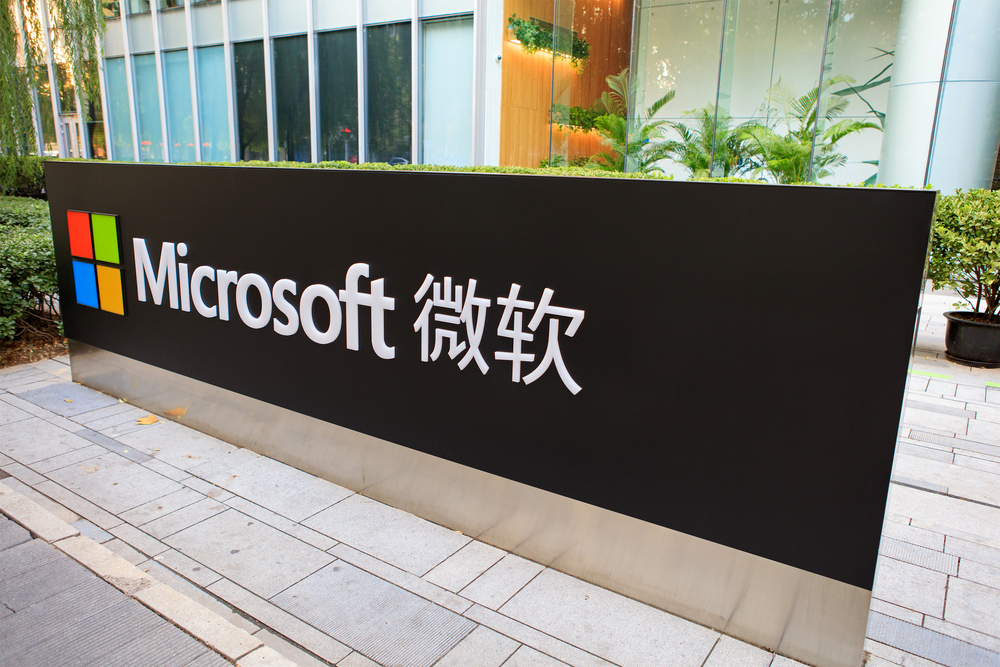 Why Microsoft Teams has only just launched in China
Why Microsoft Teams has only just launched in ChinaNews The tech giant has officially launched Teams via its local partner in China, after it was launched globally in 2017
By Zach Marzouk
-
 UK startup's Equinix deal marks step towards broad quantum computing access
UK startup's Equinix deal marks step towards broad quantum computing accessNews Businesses around the world will be able to use its quantum computing as a service platform through Equinix
By Zach Marzouk
-
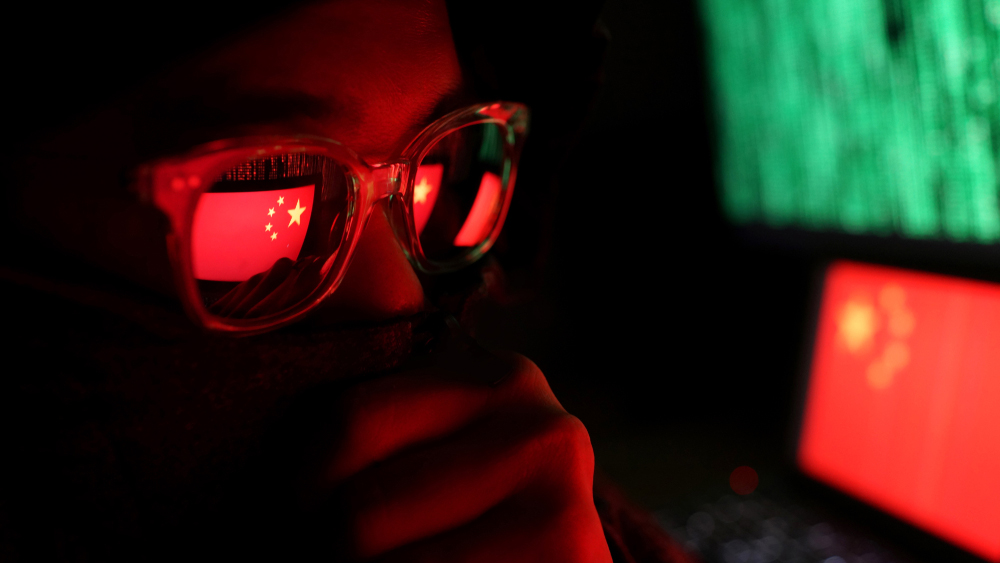 MI5 to establish new security agency to counter Chinese hacking, espionage
MI5 to establish new security agency to counter Chinese hacking, espionageNews The new organisation has been compared to GCHQ’s NCSC, and will provide companies advice on how to deal with Chinese companies or carry out business in China
By Zach Marzouk
-
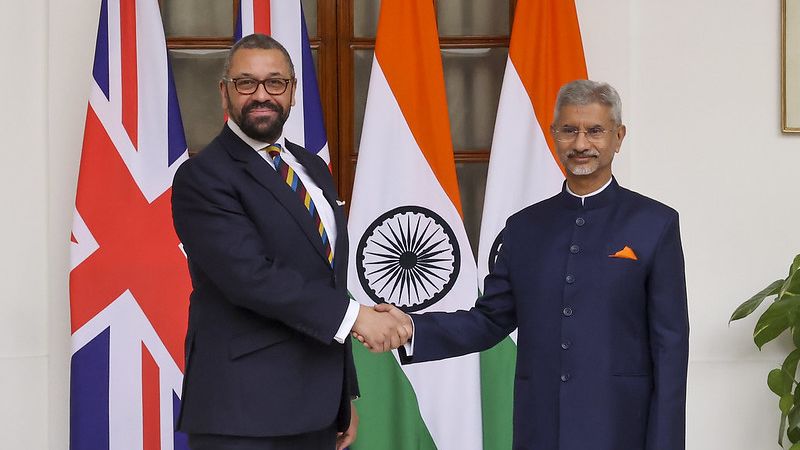 UK set to appoint second-ever tech envoy to Indo-Pacific region
UK set to appoint second-ever tech envoy to Indo-Pacific regionNews The role will focus on India after Joe White was made the first technology envoy, a role focused on the US, in 2020
By Zach Marzouk
-
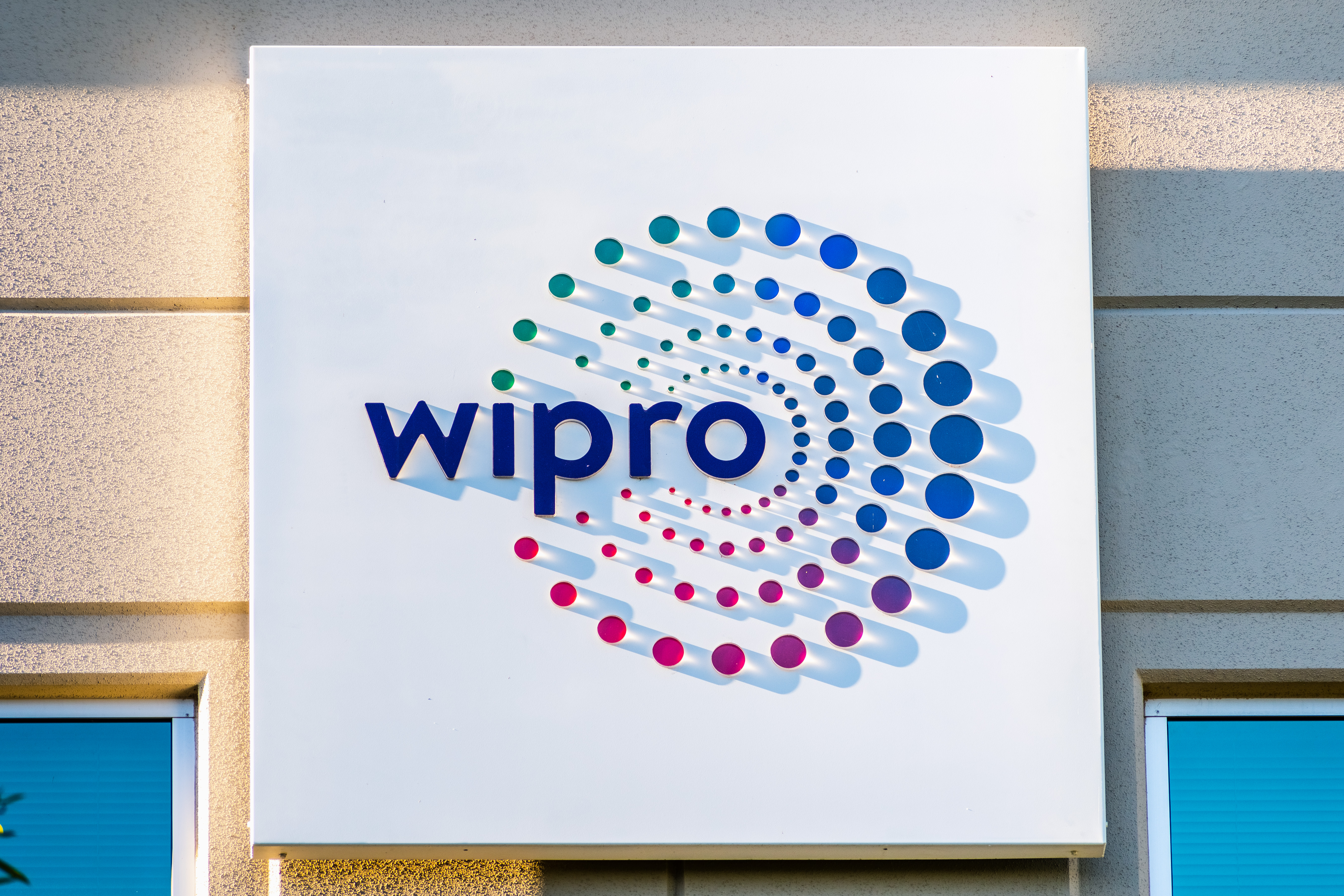 Wipro faces criticism after cutting graduate salaries by nearly 50%
Wipro faces criticism after cutting graduate salaries by nearly 50%News Graduates were given days to decide whether they would accept greatly reduced pay offers, prompting union action
By Rory Bathgate
-
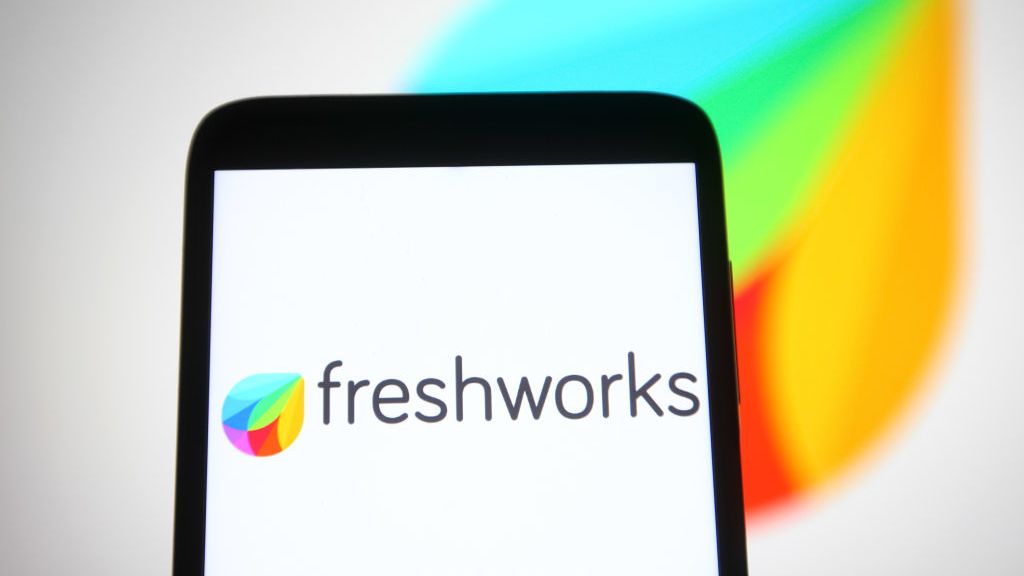 Freshworks appoints Sandie Overtveld as new SVP of APJ and MEA
Freshworks appoints Sandie Overtveld as new SVP of APJ and MEANews The digital transformation veteran brings years of regional expertise to lead Freshworks’ growth strategy
By Daniel Todd
-
 Suncorp signs three-year Azure deal to complete multi-cloud migration by 2024
Suncorp signs three-year Azure deal to complete multi-cloud migration by 2024News The financial services firm seeks to wind down its on-prem data centres and wants 90% of its workloads in the cloud by the end of the year
By Zach Marzouk